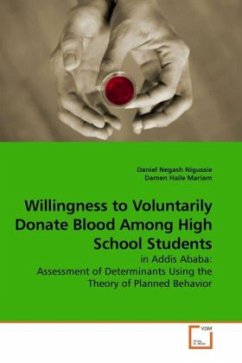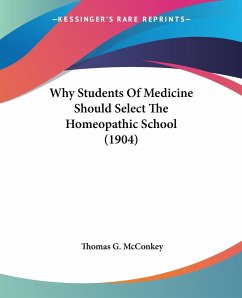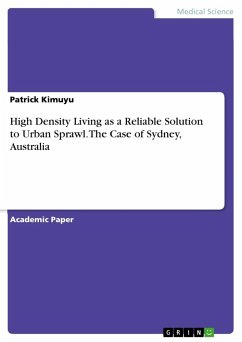Every two seconds someone in the US needs blood and, globally, the demand for blood transfusion is growing much faster than blood donation. The growing demand for blood is matched with greater safety concern and the safest blood comes from voluntary donors who donate blood purely out of altruism. WHO, EU and IRCS encourage member states to establish blood collecting agencies that operate on the basis of voluntary blood donation as a measure to ensure blood safety. The scarcity of blood for transfusion in developing countries where war, famine and many chronic infectious diseases that require blood transfusion are rampant makes transition from replacement and other less safe blood donation practices to voluntary donation increasingly difficult. In Ethiopia less than half the annual national blood demand is provided by donors and only a quarter of the collected blood comes from voluntary blood donation. Thus, it is crucial to know what motivates one to voluntarily donate blood. This book tries to examine blood donation behavior in light of previously tested psychological antecedent, theory of planned behavior, to identify factors determining voluntary non remunerated blood donation.
Bitte wählen Sie Ihr Anliegen aus.
Rechnungen
Retourenschein anfordern
Bestellstatus
Storno








